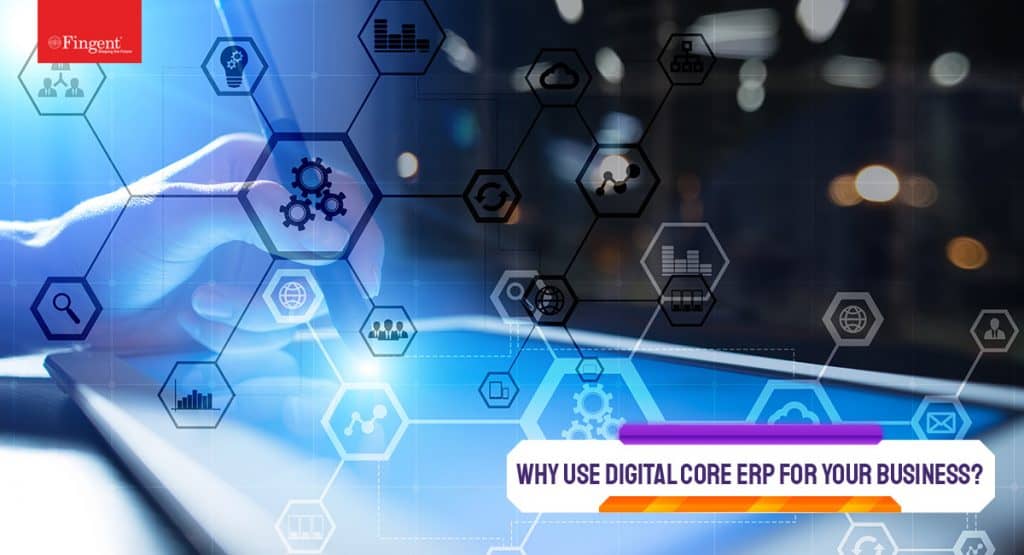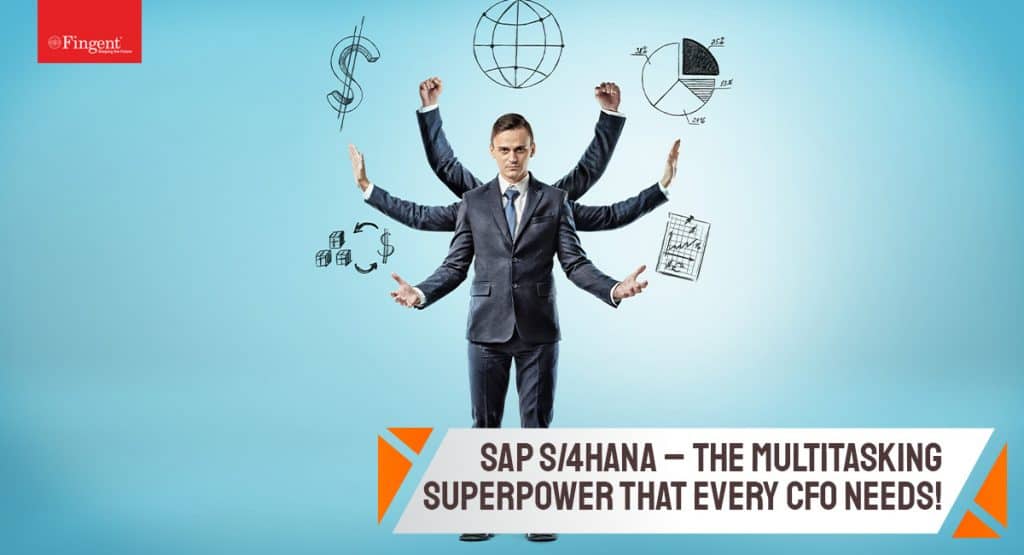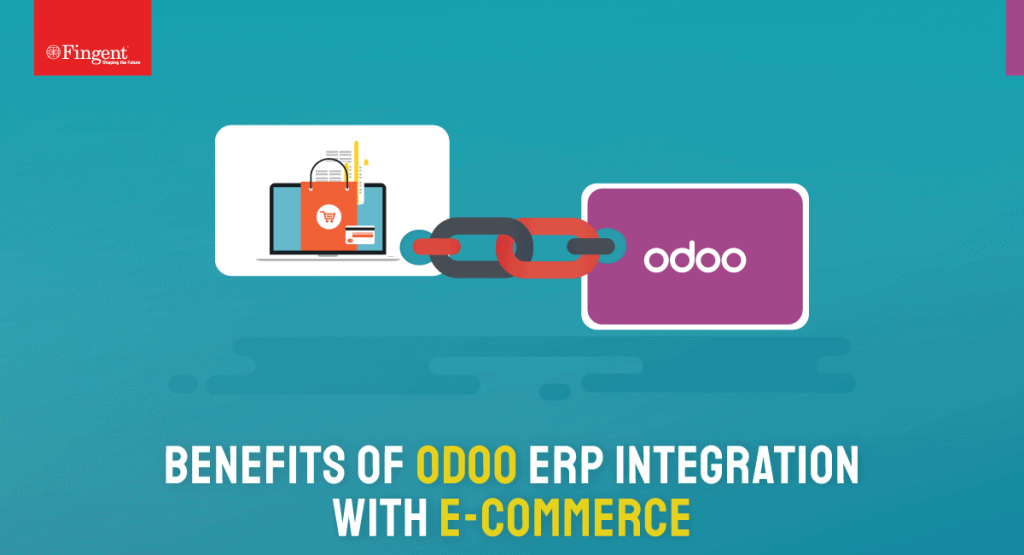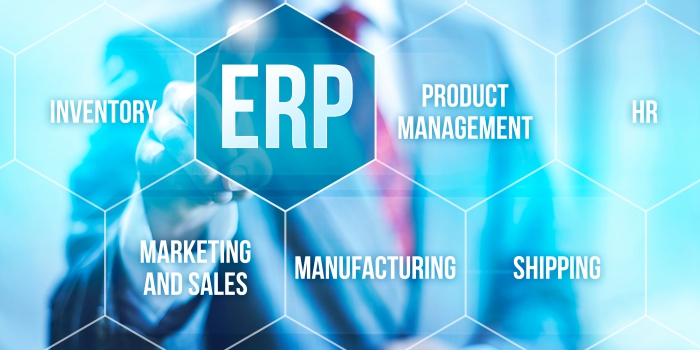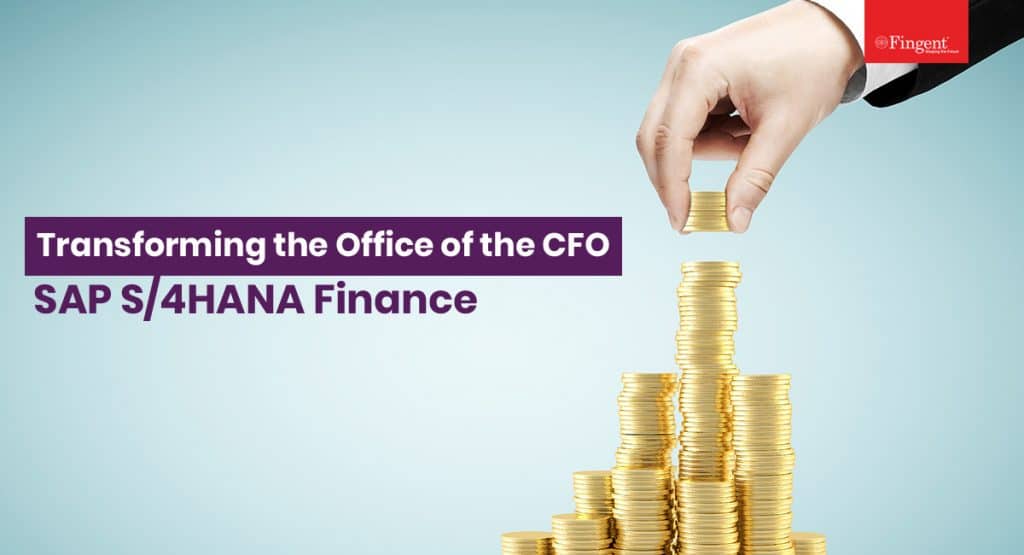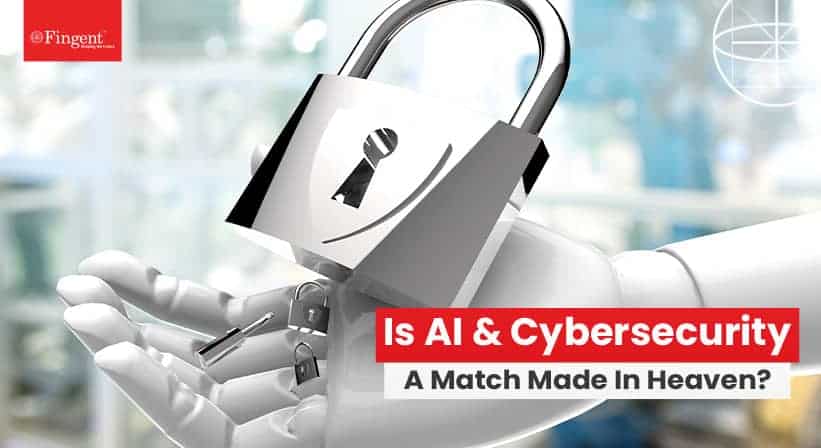ERP Software Selection: 5 Step Checklist for CFOs
Right ERP software helps CFOs contribute to organizational decisions more logically.
Selecting the Right ERP Solution: Crucial Points a CFO should Keep in Mind
The CFO is one of the most significant decision-makers in an enterprise today. CFO is the protector of your business’s financial records and has an ultimate say while making financial decisions for the company. However, in this digital age, the role of a CFO is evolving. A CFO takes a more holistic approach in the current scenario and guides the organization towards success by leveraging digital intelligence. CFOs must be equipped to keep their company afloat during an unexpected crisis such as the pandemic, identify new investment opportunities and help the business prosper in the face of intense competition. A tall order but not impossible.
To achieve this, CFOs must look at their existing systems to upgrade or replace those slowing down the organization. CFOs are responsible for ensuring that any new technology they adopt has what it takes to turn the business into an effective market disruptor.
This article covers a CFO’s top 5 considerations when choosing an ERP solution.
Read more: How Organizations can Gain a Competitive Edge by Implementing Digital Core ERP
1. Obtain hands-on knowledge on the process
CFOs might find it tempting to leave the ERP process knowledge to technical teams, but this could mean that they miss out on learning the crucial aspects of the ERP that will affect the organizational costs. Technology assists CFOs in controlling accounting and tax standards and in engaging with the business to drive value jointly.
Read more: SAP S/4HANA: Transforming The CFO into a Business Value Creator and Role Model
Technical jargon can be overwhelming for CFOs. But they need to clarify their questions with their ERP service provider.
To get you started, here are some important software concepts related to ERP implementation.
- Installation: Know what is required of your current server.
- Customization: Make sure the ERP software suits your organization’s specific requirements. Compared to other ERP systems, SAP requires minimum customization. It has many customizable solutions that are suitable for all types of businesses.
- Configuration: Ensure your software is in harmony with your workflow. Thankfully, SAP is suitable for any size organization.
Apart from this, confirm the ERP is hosted on the cloud because it is easier to handle and more secure to manage. Those who have migrated to cloud-hosted ERPs reap the benefits during the pandemic, where remote working is the only option to ensure business continuity. Making sure the solution is rewritten for the cloud will help CFOs keep up with any future changes.
2. Invest in a service provider with vision and efficiency
Your ERP solution’s longevity is determined by your service provider’s efficiency and capability. Do not hesitate to clarify certain aspects of your service provider and the services they have to offer you. Find out if their financial situation makes it a viable option for a long-term contract.
You also need to identify if your service provider can give you access to all the information you need for years to come. Additionally, consider if your vendor is relevant to the current market scenario and can stay relevant in the future. To that end, it may be helpful to enquire about their research and development plans to ensure they will provide you with high-end products now and in the future.
Read more: Why Choose Fingent as Your Odoo ERP Partner
3. What are the aspects of integration?
ERP is one of the multiple systems that determine your organization’s performance. To achieve optimum results, you will have to enquire about integration with other aspects such as EPM, SCM, HCM, and CX, to make way for a smoother workflow. How? When you have various platforms working together harmoniously, you can avoid data inconsistency between two systems.
Read more: 5 Reasons to Integrate Your E-commerce Application with Odoo ERP
To avoid cumbersome processes after ERP implementation, you must consider if the vendor you are planning to hire can provide you the best support required. Talk to them to ensure that all the different platforms function as one unit. The most relevant integration for a CFO is integrating ERP with EPM (Enterprise Performance Management). Picking the right vendor will help you with such critical integrations.
4. Choose the right ERP
ERP that fits one company does not match the other because each company has its own unique needs. Whether a business is small, medium, or large, a CFO must be aware of the need for financial planning tools. Hence, as a CFO, you must confirm your ERP caters to the size of your business. Additionally, your current ERP must be scalable to accommodate employees from various departments. In other words, you will need a scalable ERP system for your entire operation to work smoothly.
Read more: 5 Tips For Getting The Best Out Of Your ERP System
5. Identify the needs of all departments to ensure teamwork
The ultimate aim of a CFO is to ensure that the ERP they select is delivering excellent results. Hence, it is crucial to have all your employees on board and understand the ERP system.
To achieve that, you need to identify the needs of each department in your organization and make sure that ERP meets all those needs. This allows for an enhanced workflow among all employees. Include your organization’s CIO and other leaders during the planning and implementation of ERP software. They can spread a positive outlook toward the new system among the rest of the employees.
Read more: How Fingent Helps CFOs Gain New Insights and Reliably Enable Key Decisions
Are you ready to steer your business to success?
Understandably, implementing ERP will take time and effort. Besides, as a CFO, you will have to identify the potential and tangibly justify the cost of ERP. However, choosing the right vendor can make implementation hassle-free and result-oriented.
It is no surprise that successful implementation and deployment of ERP hinges on the right partnership with the right vendor.
As an Official Ready Partner for Odoo and SAP Silver partner, Fingent is the right provider to assess and understand your unique business requirements and help you become a cloud-powered enterprise. We offer dramatically shorter implementation timeframes. Our ERP allows for rapid configuration, customization, and deployment, significantly reducing the implementation cost. We provide both cloud and on-premises ERP solutions. So, do you feel ready to steer your business to success? Give us a call!
Stay up to date on what's new

Recommended Posts
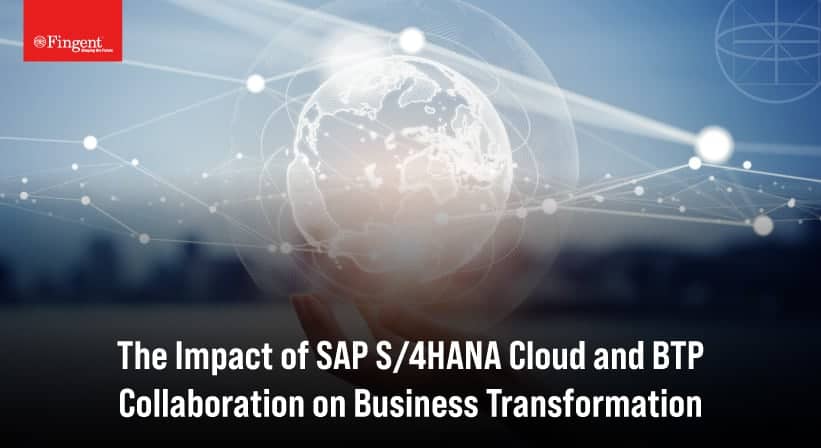
21 Jan 2024 B2B
The Impact of SAP S/4HANA Cloud and BTP Collaboration on Business Transformation
In today's fast-paced business world, staying competitive goes beyond traditional strategies. The digital age requires a seamless blend of cutting-edge technologies. SAP, a global leader in enterprise software, offers a……

15 Nov 2023 B2B
SAP S/4HANA Cloud Migration – All that You Need To Know!
“Our future success is directly proportional to our ability to understand, adopt and integrate new technology into our work.” – Sukant Ratnakar – CEO, Quantraz Inc. Since the dawn of its……
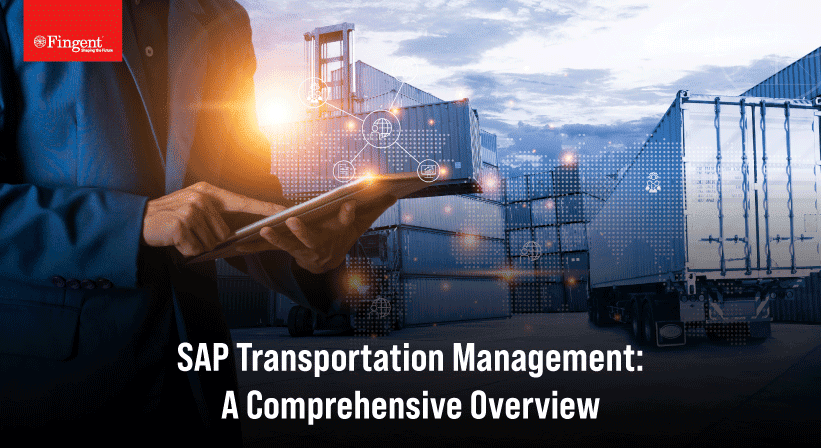
23 Aug 2023 Logistics B2B
SAP Transportation Management: A Comprehensive Overview
SAP software, as most of us know, is a tool used to control all aspects of critical business functions specifically. It integrates and automates key processes, ultimately helping organizations run……
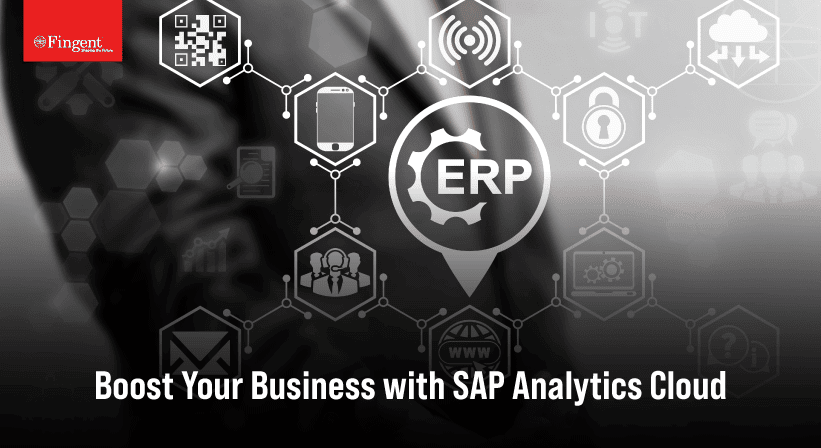
10 Aug 2023 B2B
Boost Your Business with SAP Analytics Cloud
Regardless of its size, every business needs to work seamlessly with perfect efficiency to stand out and be noticed. Among the many different essentialities that course through the veins of……
Featured Blogs
Stay up to date on
what's new



